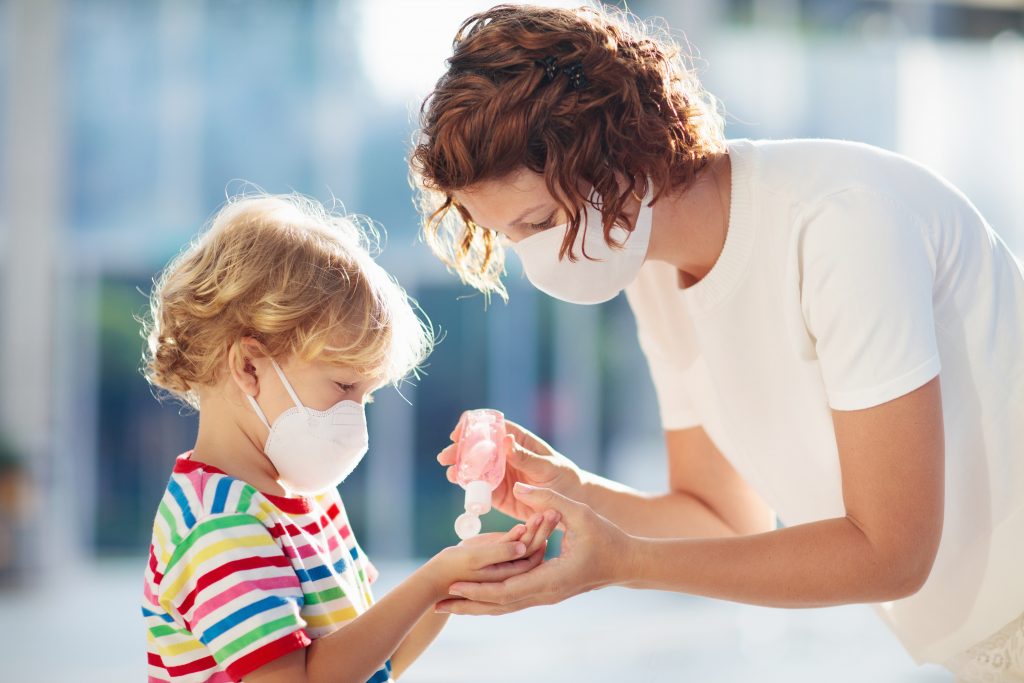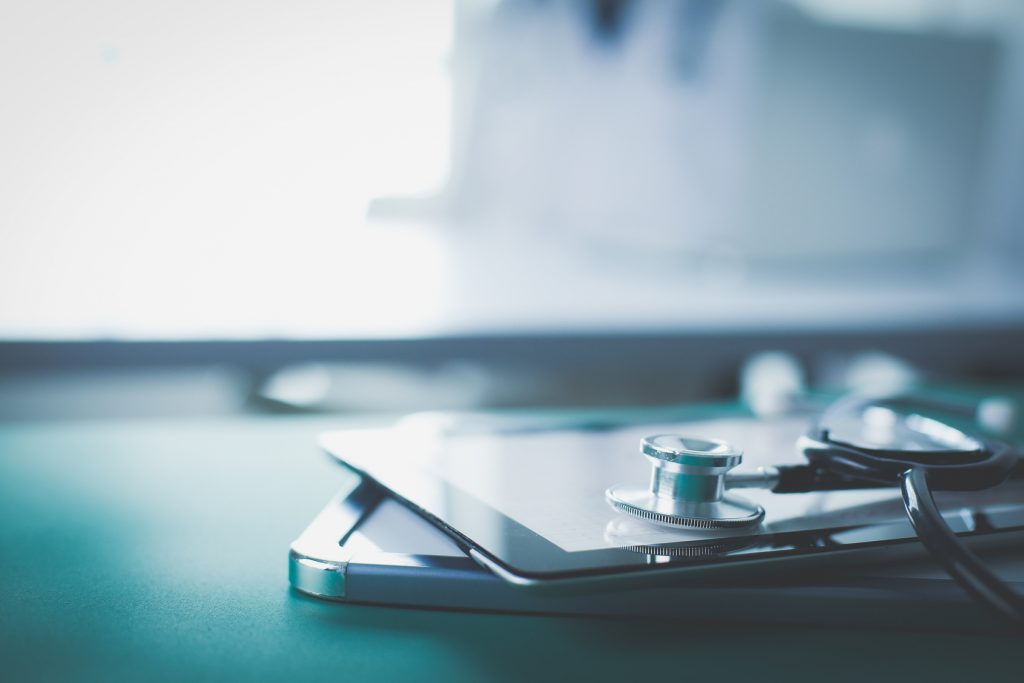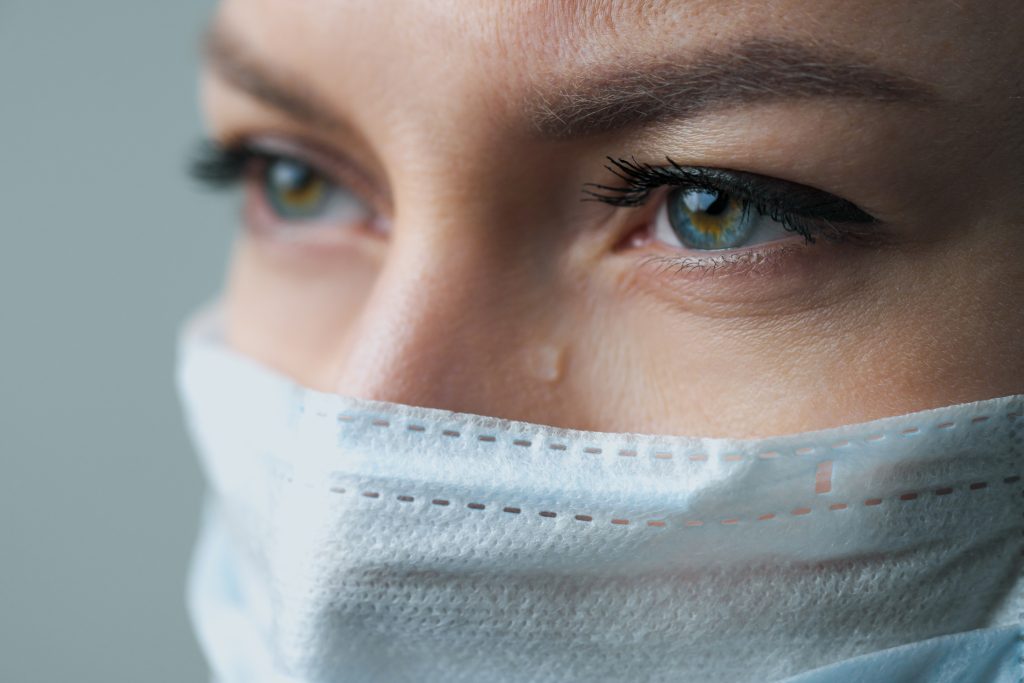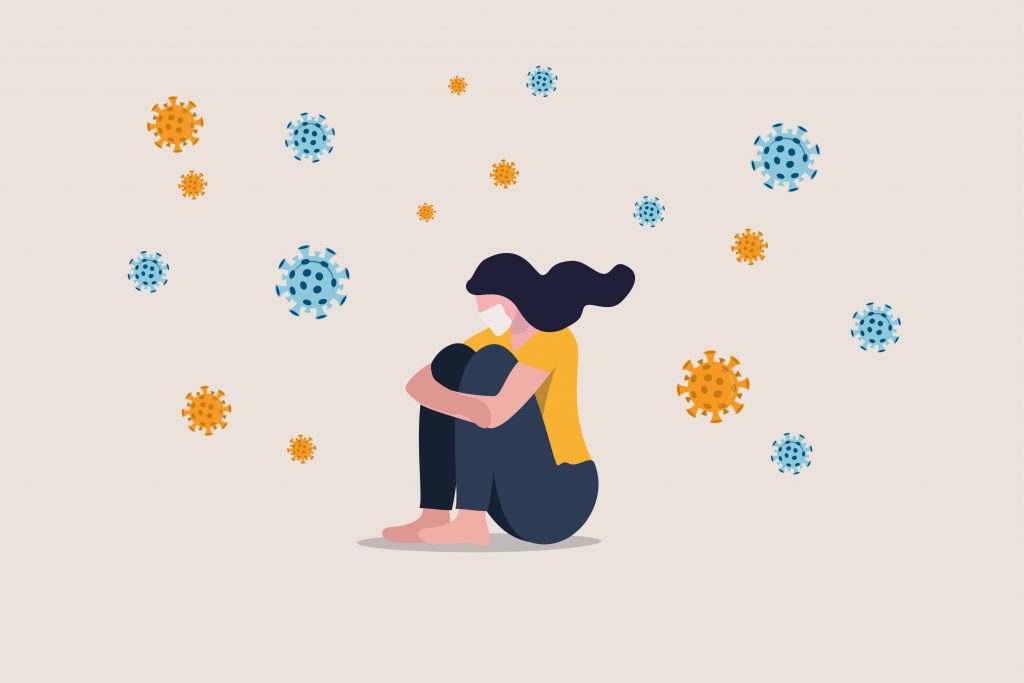covid-19
TagThe Impact of COVID-19 on Healthcare Staffing and Employment
The COVID-19 pandemic has profoundly reshaped the healthcare staffing landscape, creating unprecedented challenges and opportunities for the industry. This seismic shift has affected everything from workforce demands to employment practices, leavi…
New Projections: 37K to 124K Physician Shortage by 2034
A new report projects the U.S. will experience a shortage of between 37,800 and 124,000 physicians by 2034. What’s driving the shortage, other than COVID-19?
Our Nation’s Healthcare Workers Are Not Okay
According to the results of our recent survey on mental health, simply put, our nation’s healthcare workers are not okay. See the responses here.
Survey: A Year into the Pandemic, How Is Your Mental Health?
One year after being declared a pandemic, COVID-19 is still here. As someone who works in healthcare, how is your mental health now? Tell us here.
How Healthcare Workers with Children Are Coping During the Pandemic
Parenting is hard. Parenting as a healthcare worker during a pandemic is even harder. These 7 strategies can help your family cope with coronavirus.
6 Ways Healthcare Is Adapting to Handle Future Crises
From relying less on federal leadership to making government funding more flexible, discover what the healthcare world might look like post-coronavirus.
10 Healthcare Roles Top Riskiest List
In what may come as a surprise to very few, the top ten riskiest jobs in terms of possible COVID-19 exposure are patient-facing roles in healthcare.
Survey: How Do You Feel About COVID-19 Now?
Around the country, as more and more restrictions have been lifted, cases of COVID-19 are skyrocketing. How do you, as a healthcare professional, feel about COVID-19 now?
Mental Health of Healthcare Workers Has Tanked Amid Pandemic
The COVID-19 pandemic is clearly taking a toll on the mental health of our nation’s healthcare workers, according to the findings of our recent survey.
Survey: Mental Health on the Front Lines
May is Mental Health Awareness Month, as well as the fifth straight month those on the frontlines have been treating COVID-19. How are you doing? Tell us here.










